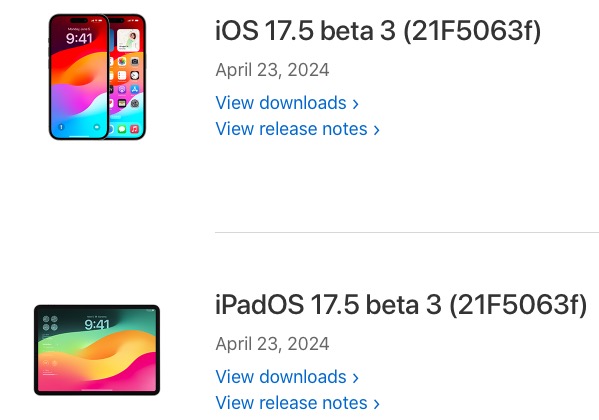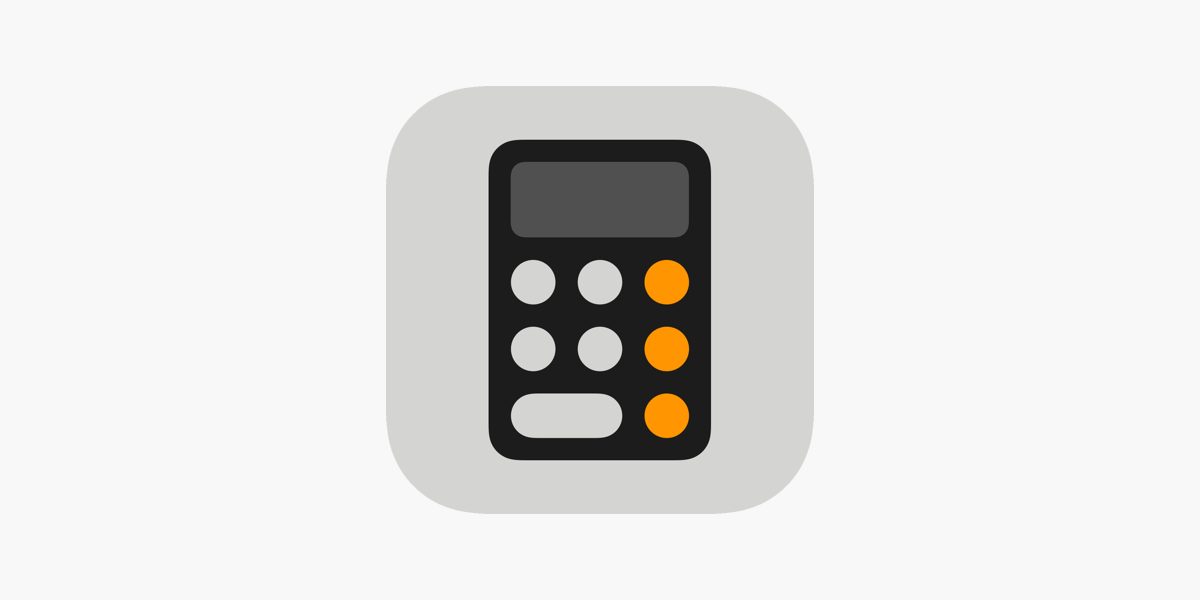
App Tracking Transparency Helps Boost Apple’s Own Ad Business: WSJ
Apple’s introduction of App Tracking Transparency could be beneficial to its own advertising business.

A new report from the Wall Street Journal explains that the new privacy feature, dubbed “App Tracking Transparency,” rolled out Monday as part of an update to the operating system powering the iPhone and iPad.
Users will now have the option to opt out of ad tracking, making it impossible to serve personalized ads. However, Apple still can serve iPhone users personalized ads even if they choose to block all app tracking.
WSJ reports:
Under Apple’s new privacy restrictions, advertisers targeting iPhone users will get more data about ad performance if they buy Apple’s ad space than if they buy through third parties, according to ad-industry executives.
The difference could eventually give Apple’s small but growing ad business an edge over rivals, ad executives and app makers say.
If a user decides to block app tracking, advertisers won’t be able to target them in any way, and only get very generic data on the effectiveness of the ad campaign. But if companies buy ads from Apple, the Cupertino company can offer basic ad targeting as well as deliver ad performance information in real-time:
Advertisers who buy Apple ad space can receive more data about user behavior, the people said. They can learn which version of their ads users saw and which search keywords ads appeared on, they said. Those advertisers will get results in nearly real time, the people said […]
Apple’s advertising business primarily consists of search ads on its app store, which won’t be affected by the coming privacy restrictions […]
Apple is planning to expand its ad offerings and is testing a new ad slot that will be available in the App Store’s “Suggested” category, which could be targeted based on users’ interest and audience data, the people familiar with Apple’s ad products said. The Financial Times earlier reported on Apple’s planned ad slot.
The final goal is to give users the ability to make more informed choices about the apps they use and the permissions they grant to those apps. It will also help cut out unnecessary ads that users see across the web. Facebook, for instance, has code embedded in millions of apps to collect data and target ads at people.

